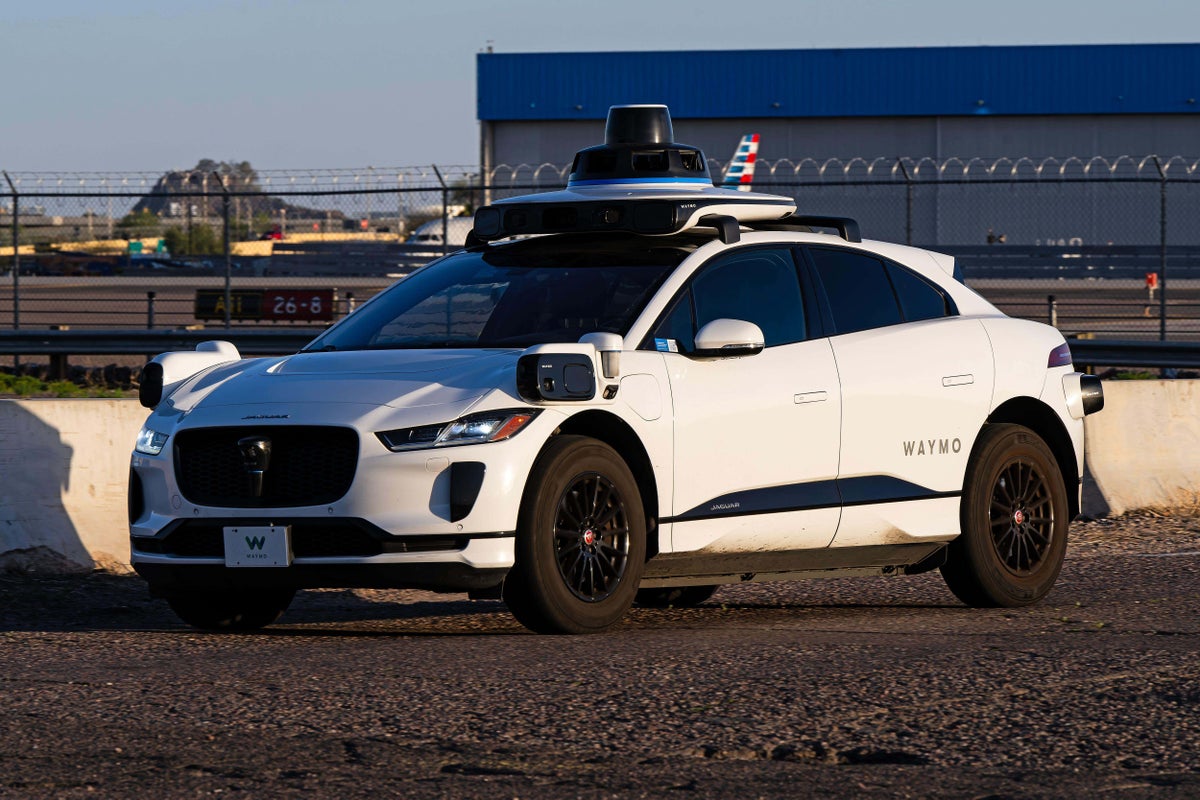
A US company has announced it will make its driverless private hire vehicles available in London from next year.
Waymo, whose vehicles have been used for more than 10 million paid rides in the US, said its cars will “navigate London’s unique streets, understand complex layouts and traffic patterns”.
Transport Secretary Heidi Alexander said she was “delighted” by the announcement.
Tekedra Mawakana, chief executive of Waymo, owned by Google’s parent company Alphabet, said: “We’re thrilled to bring the reliability, safety and magic of Waymo to Londoners.
“Waymo is making roads safer and transportation more accessible where we operate.
“We’ve demonstrated how to responsibly scale fully autonomous ride-hailing, and we can’t wait to expand the benefits of our technology to the United Kingdom.”
Waymo said its cars are involved in five times fewer injury-causing crashes compared with those with human drivers.
Robin Spinks, head of inclusive design at charity the Royal National Institute of Blind People, said: “The planned introduction of Waymo in the UK represents the potential for the dawn of a new era in independent mobility options for blind and partially sighted people.
“As someone who’s been severely sight impaired since birth, I’ve long hoped for the day when technology can safely enable spontaneous autonomous travel.”
Ms Alexander said: “I’m delighted that Waymo intends to bring their services to London next year, under our proposed piloting scheme.
“Boosting the AV (autonomous vehicle) sector will increase accessible transport options alongside bringing jobs, investment and opportunities to the UK.
“Cutting-edge investment like this will help us deliver our mission to be world leaders in new technology and spearhead national renewal that delivers real change in our communities.”
In June, Uber announced it will launch self-driving taxis in London from spring 2026.
The ride-hailing app company will operate services in partnership with artificial intelligence (AI) start-up Wayve.
The cars will initially have a human in the driver’s seat who can take over control of the vehicle in an emergency, but will transition to being fully driverless.
